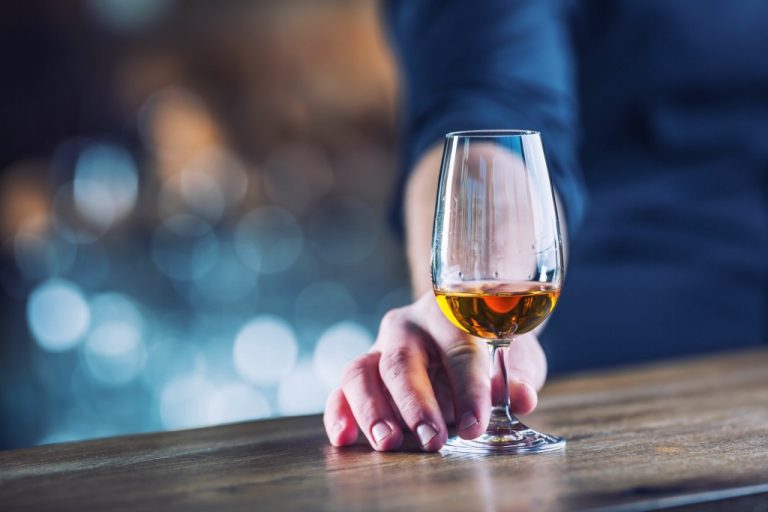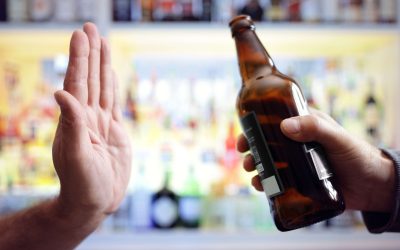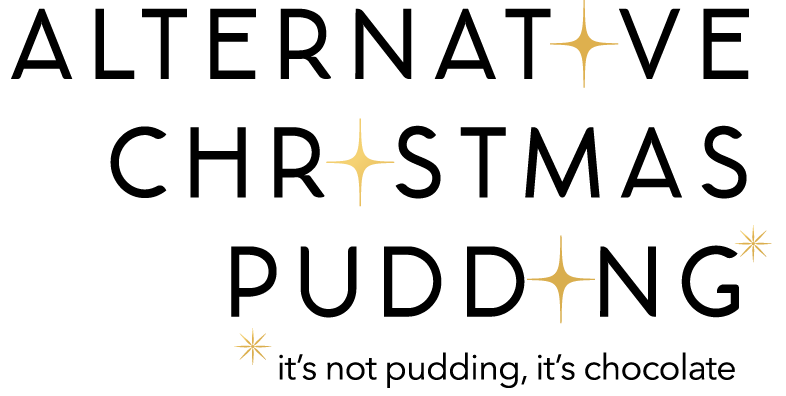Sober living
What is Alcoholic Relapse and What to Do After
In other words, they got “back on the horse” and kept trying until they were could successfully ride it (stay “porn-free” indefinitely). If you relapsed, it means that your prevention plan doesn’t work well, and you have to do a great job to replan it. But that will come later; now you have to think about your physical and emotional safety. The most important technique in relapse prevention is identifying your triggers.

What Are The Stages Of Relapse?
You can’t understate the gravity of the relapse — you must admit to yourself you are using again. This level of self-accountability will also sustain your motivation during the initial stages after a relapse. Only when you accept the fact you need help can you get the help you need. Following a relapse, you most likely have a support system, self-help skills, and experience that can help you get back on track quickly. A physical relapse can be a brief “slip.” You might be at a party, and you have a drink to celebrate.
- That’s why it’s important to never use alone and to carry an opioid reversal drug such as Narcan.
- From there, you can use them as a motivator to get back on your feet rather than getting bogged down by the past.
Get Started Today!

Reach out to our team now to learn more about our programs. Recovering from drug and alcohol dependence can be challenging. Long-term recovery journey may not always follow a straight path. Many people in substance use disorder (SUD) recovery experience at least one relapse. A relapse is a return to using substances after a period of abstinence..
- If this is the case and they are unwilling to help during your recovey it may be best to not involve yourself with them for now.
- You may need to learn how to cope in the future with negative emotions that provoke opioid or alcohol relapse.
- You are used to releasing this stress and energy sexually while watching porn, however, there are healthier ways to do this.
- But, as time goes on, you find yourself back to where you were before you started addiction recovery in the first place.
This includes all drugs, even ones that can help with substance or alcohol misuse, such as Vivitrol. During a relapse, people often feel disoriented, and the effects of substances may interfere with their ability to function. Moving forward after a relapse involves accepting the situation and utilizing support networks or other resources to get back on track. Seeking support helps people focus and feel more in control of their situation. Watch for the signs of relapse, including emotional relapse, mental relapse, and physical relapse. Aim to Drug rehabilitation avoid or minimise triggers and reach out to people for help.
- Other times, you follow all the rules of recovery for a long time, and you feel safe from relapsing.
- You can’t just ‘ignore’ a relapse and assume you won’t use again.
- Rehab professionals can help you determine if you have insurance coverage for addiction treatment, and what options are best for you.
The Situations: Recognizing Risky Moments and Events
Stay committed, stay hopeful, and trust in your ability to overcome challenges on your path to recovery. Reach out to Lumina Recovery today to start your journey. Active participation in recovery meetings, peer mentorship, and social support networks fosters accountability and encouragement.
Steps to Prevent Future Relapses
That could be your environment, your coping strategies, or even your support system. It is natural to feel like you have let yourself or others down. Talking with a therapist or addiction counselor can help process these feelings and create a plan to stabilize your mental health. Here at our addiction treatment center in Orange County, we help clients find their way forward after setbacks.
Understanding Relapse: Why It Happens
The signs of a self-harm relapse depend on each unique individual. Try to notice the physical and emotional changes that you experience which let you know that you might be more vulnerable to self-harming. No matter how good and steady your course of recovery was, relapse is always a risk. Just because you have relapsed i relapsed now what does not mean all your hard work is ‘out the window’, or that you will never be able to overcome the urges. If you are struggling with mental urges, and find yourself in the first stage of relapse, talk to someone. Chat with a loved one or professional about your cravings and thoughts to help bring rational thoughts and realistic outcomes back into the conversation.
Reading your favorite inspirational passages from the Bible and meditating on Christian morals can help you to stay calm and mindfully take the next steps. Reach out to your support network, such as a sponsor, therapist, or trusted friend, to discuss what to do if you relapse and plan your next steps. Self Recovery is a private, science-based, online addiction recovery program. In this guide, we break down the concept of relapse, explore why it happens, and share actionable tips to help you recognize triggers and maintain your path to lasting recovery. If we think relapse is failure, know that most people relapse in the first year, let alone at any point later. While I’d like to have faith in every one of us to stop for good, we also have to be understanding of human nature and allow for the reality that many of us will relapse.
You may also stop attending meetings or showing up for recovery commitments. You can become concerned with other people’s problems or start to socially isolate yourself. Rebuilding a routine following a setback might feel overwhelming. Taking manageable steps can yield significant results.
Maybe stress was building up, emotional wounds reopened, or someone stopped using their coping tools. It usually starts with a slow drift away from the support systems and self-care habits that kept recovery stable. Our content is medically reviewed to help ensure accuracy and reliability. We work with licensed professionals in mental health and substance use disorder treatment to provide up-to-date information that you can trust.
In other words, we have been conditioned to relapse if it serves a purpose for us. Don’t forget to include counseling and group therapy in your aftercare plan. Make journaling an everyday habit and write down everything that happened during the day and your feelings and emotions caused by these events. Journaling helps you detect alarm signs that you could probably miss without writing down.
Many people require detox https://srsystemsus.com/facts-about-excessive-drinking-drink-less-campaign/ to help manage withdrawal from alcohol and other drugs. There are several factors that we take into consideration to determine if you will need detox before addiction treatment. You must give accurate information so that we can keep you as comfortable as possible if you are experiencing withdrawal symptoms.
